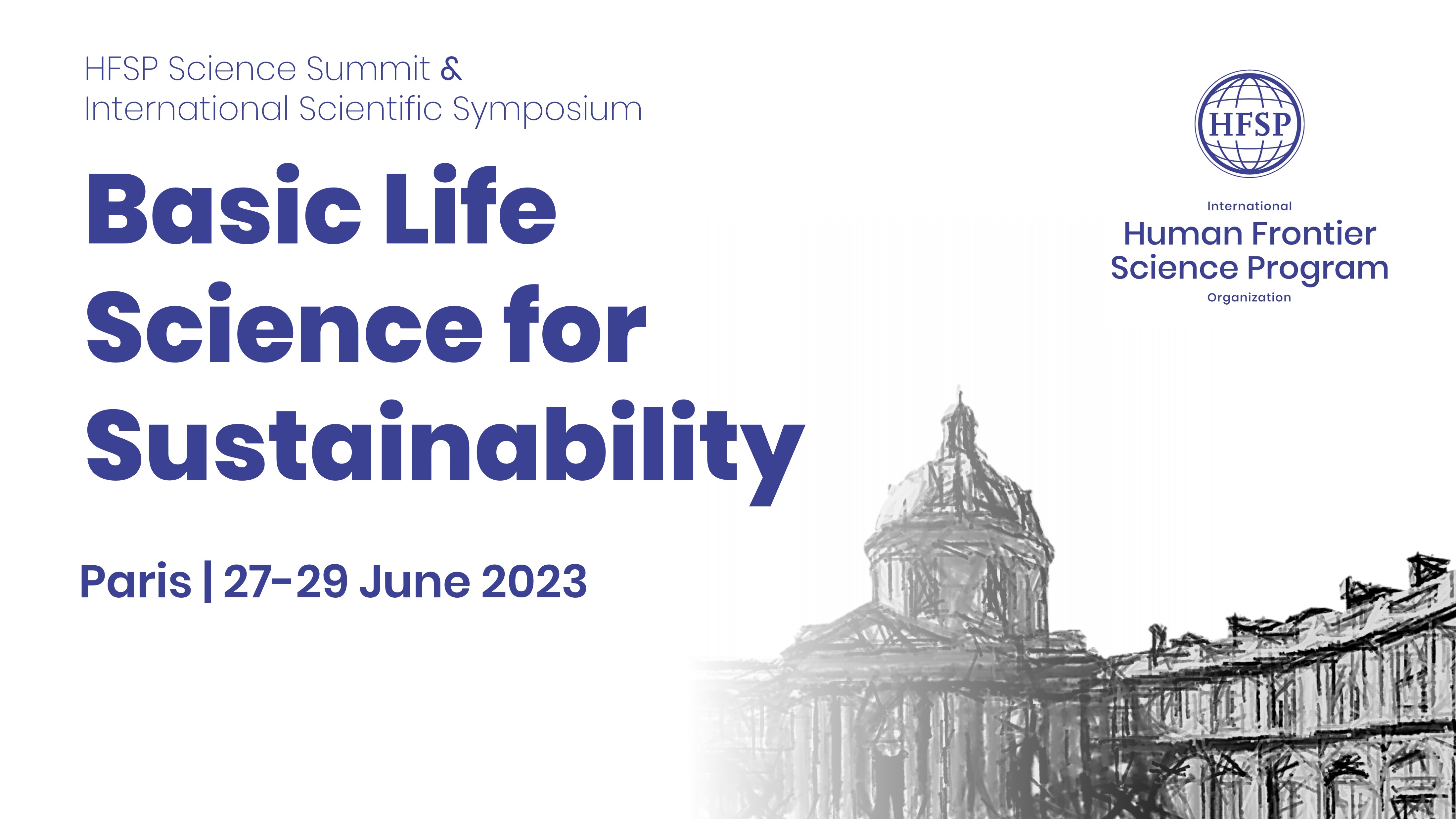
The United Nations (U.N.) Agenda for 2030 identifies climate change, biodiversity, oceans, health, and other sustainable development goals as major challenges in the 21st century. Profound scientific understanding is key to creating the policies and solutions humanity must have for a transition to a sustainable future. However, scientific communities are still often divided in addressing these challenges. This is especially true of basic life science, which has not been connected to the main discourse supporting sustainability transformations, as those conversations have traditionally been the domain of environmental and sustainability science. To better connect basic research to climate change and other sustainability transition challenges, the United General Assembly declared 2022-2023 to be the U.N. Year of Basic Science for Sustainable Development.
In June of 2023, the Human Frontier Science Program Organization will initiate an international effort to build bridges between basic life science and environmental science communities at academic, policy and funding levels with the aim of discussing solutions offered by basic life science that have the potential to accelerate the sustainability transition. This initiative will take the form of a High-level Science Summit on Basic Life Science for Sustainability (27 June 2023) followed by an International Scientific Symposium (28-29 June 2023) on the same topic. The Summit is proposed as HFSP’s contribution to the U.N. Year of Basic Science for Sustainable Development (www.iybssd2022.org).
Indeed, basic science remains one of the most creative, untapped wells of knowledge and solutions for mitigating and adapting to climate change. Disciplines such as molecular and developmental biology have enormous potential to contribute to helping people mitigate and adapt to climate change. Likewise, scientists in neuroscience and cognitive sciences may be able to provide vital knowledge in understanding human and societal behaviour in the transition to a low carbon society and economy. Unlimited opportunities to tackle the challenges of a sustainable transformation also lie in the convergence between basic life sciences and engineering, which are expected to drive rapid innovations in the next decade. Interdisciplinary approaches are especially important for these purposes, but what is currently missing is a holistic integrative approach that connects the fragments in a meaningful way so as to better accelerate sustainable development transitions, integrating approaches from neighboring disciplines to provide answers to current questions.
HFSP will partner with other leading organizations to make the fullest possible use of cross-cutting initiatives at the government level and with the global scientific community. The Science Summit will be held under the distinguished patronage of President of France, Emmanuel Macron, and both events will be organized by the French Government - Ministry of Higher Education, Research and Innovation (MESRI) and the International Human Frontier Science Program (HFSPO), in collaboration with UNESCO, UN Year of Basic Science for Sustainable Development (IYBSSD), the French Academy of Sciences, the Pasteur Institute and the National Research Agency (ANR).
The grand Cupola of the French Academy of Sciences and the Auditorium André et Liliane Bettencourt are the venues for both events.
Further information on submitting abstracts for presentations and registration details will follow shortly.
The HFSP Basic Life Science for Sustainability event includes the following partnerships:



































